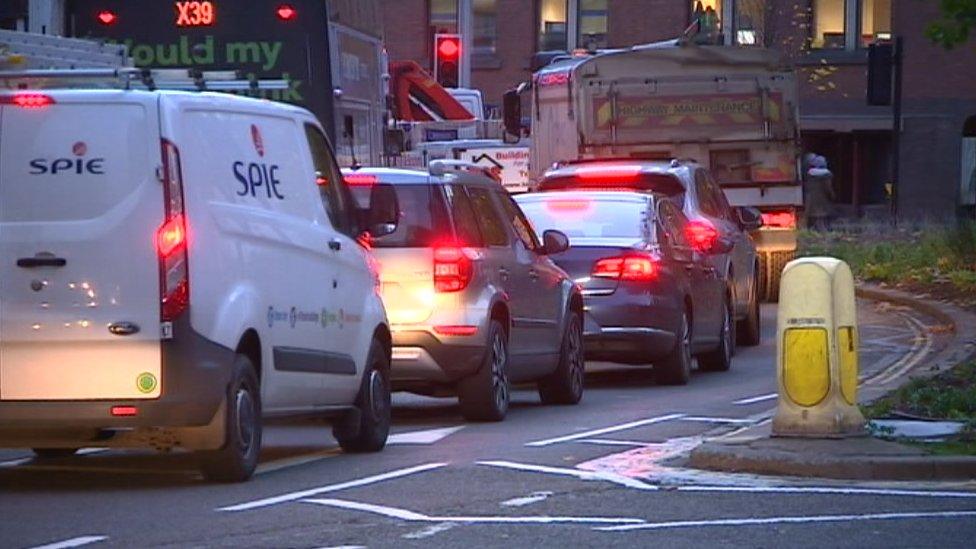Bristol diesel ban: Businesses urge rethink
- Published
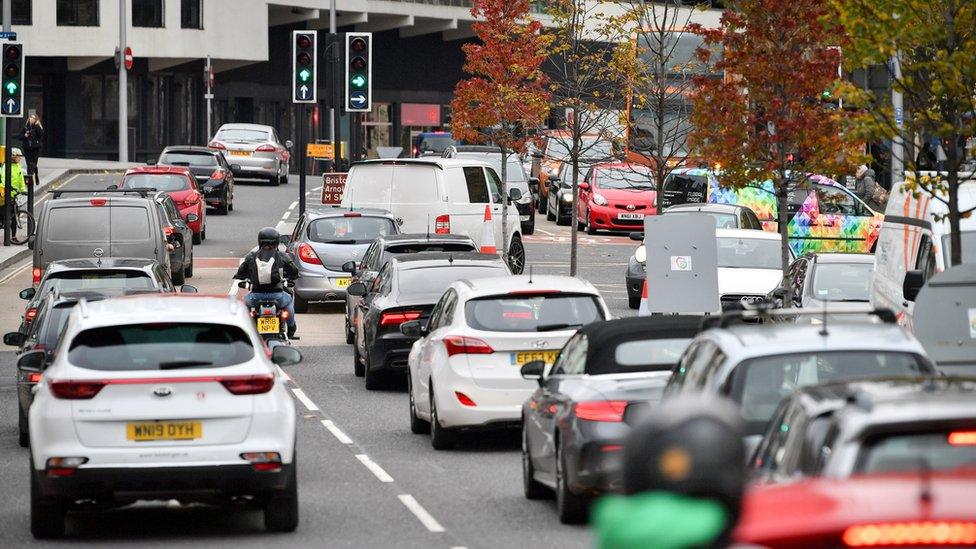
Business West said it had canvassed the opinions of 1,000 firms in and around Bristol
Civic leaders have been urged to rethink a plan to ban all private diesel cars from the centre of Bristol.
The city has been told to reduce air pollution, but is the only one in the UK to propose such a ban.
Hundreds of city centre traders have called for the decision to be reversed and fear it could be the "final nail in the coffin".
Bristol City Council said it had been consulting with businesses to "minimise the impact" of the ban.
Trade association Business West said it had approached 1,000 firms in Bristol and its survey suggested three-quarters wanted the ban reversed, and support the idea of charging instead.
Traders prefer a scheme similar to the one planned for Birmingham, where owners of older cars would pay £8 to travel into the centre.
From July, traders will be charged for anyone using older vehicles - both diesel and petrol - within Birmingham's ring road.
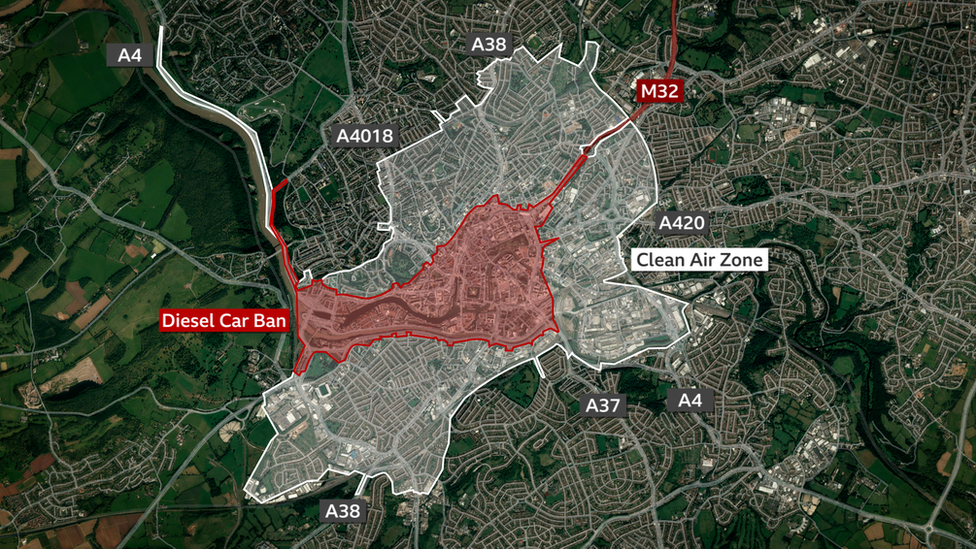
A public consultation last year looked at a clean air zone and diesel ban - the scheme is largely an amalgamation of both
John Bebington runs Everything Hair at Bristol's Galleries shopping centre.
He said it would be the final nail in the coffin for many traders if fewer people came to shop in the centre.
"Anyone in retail will tell you business rates, online shopping, out-of-town centres - if you've got a retail shop, you're struggling," he said.
"We can't afford to lose 5% or 10% of our business... potentially this is business-threatening."

Analysis
By Dave Harvey, BBC West Business Correspondent
Bristol is a city caught between a rock and a hard place - but for some hard-pressed retailers, it may push them over the edge.
But the mayor and his team say they have no choice.
Either rid the city centre of dirty vehicles entirely, and hope shoppers and trippers find their way on buses or bikes.
Or go more softly, and hope that still clears the air.

Tourist attractions like The Matthew have also raised concerns.
Richard Sandwell said it relied on donations, adding the trust "absolutely support the idea of fixing the air quality".
"The council should be doing something serious about providing alternative ways of keeping the city economy going at the same time solving some of the air quality problems.
Bristol City Council said: "However, any changes to the plans are not a quick and easy process, each needing to be analysed in detail to check they don't impact on the overall compliance timeline."
- Published29 May 2021
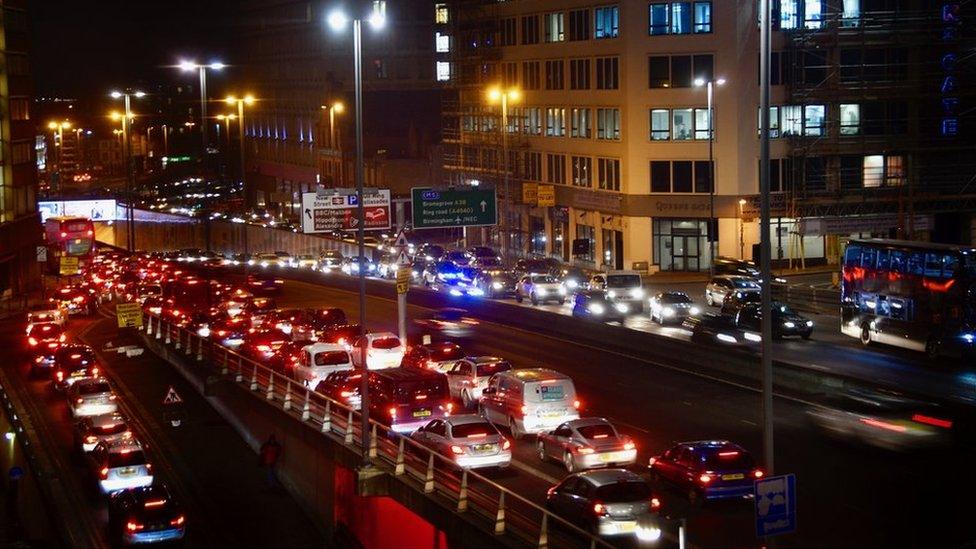
- Published15 January 2020
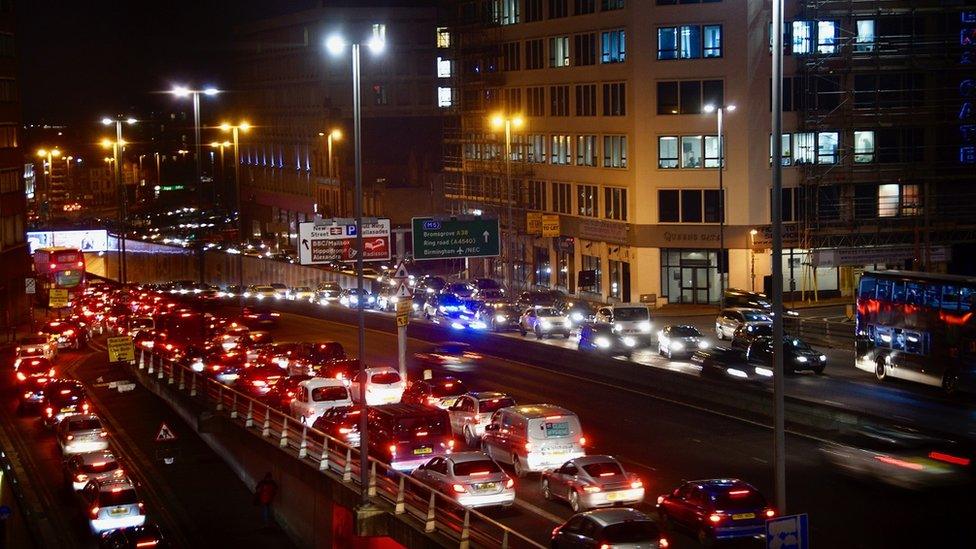
- Published29 October 2019
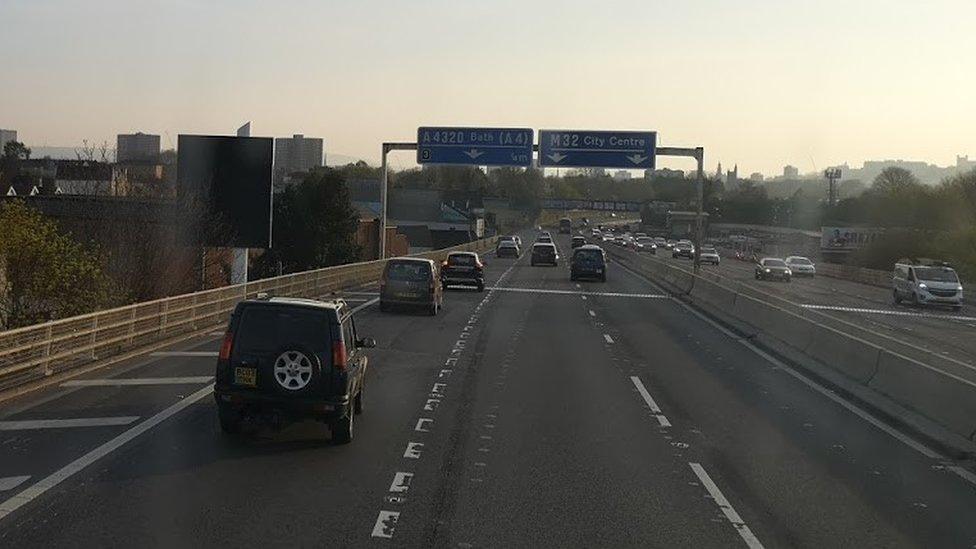
- Published5 November 2019
